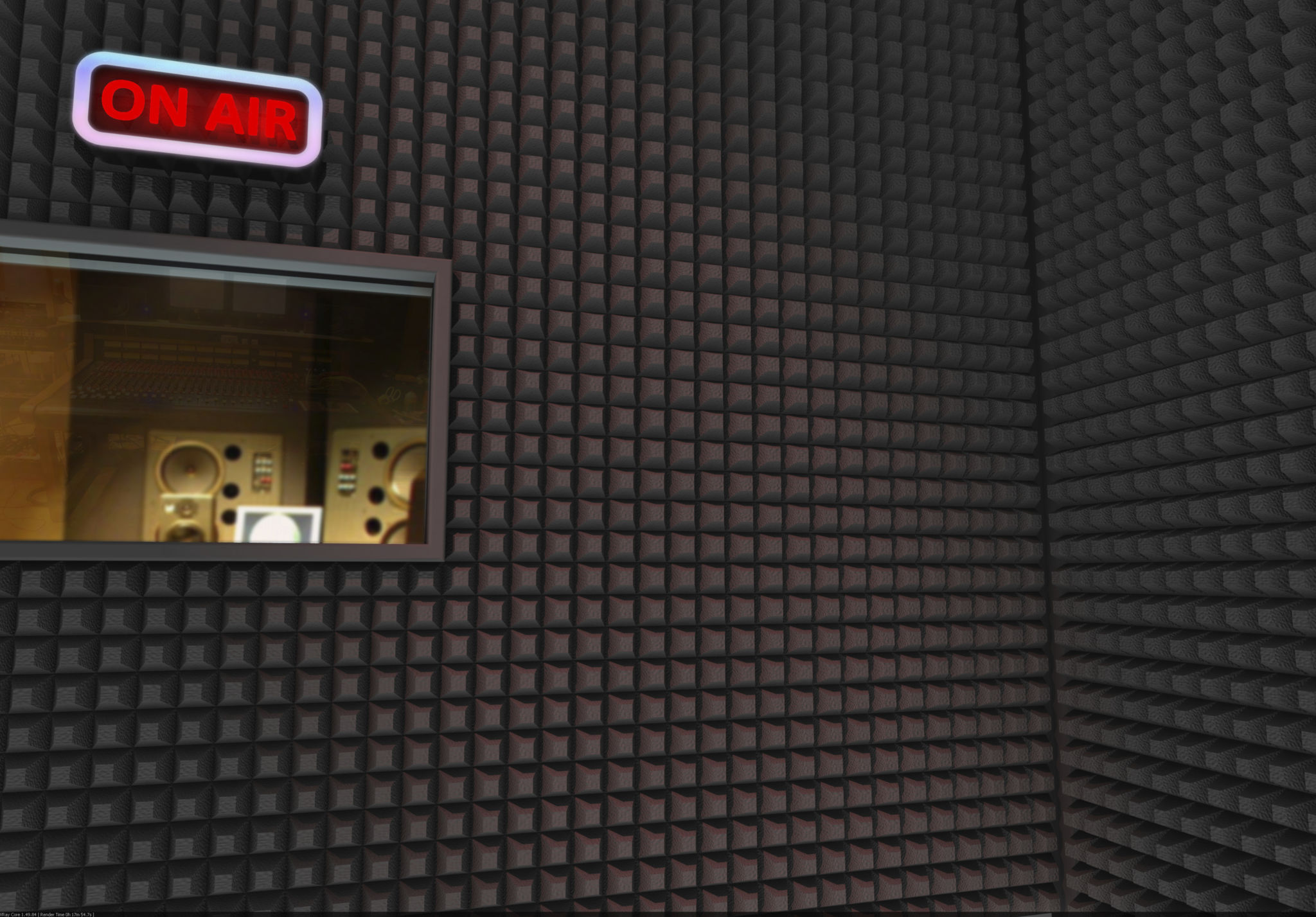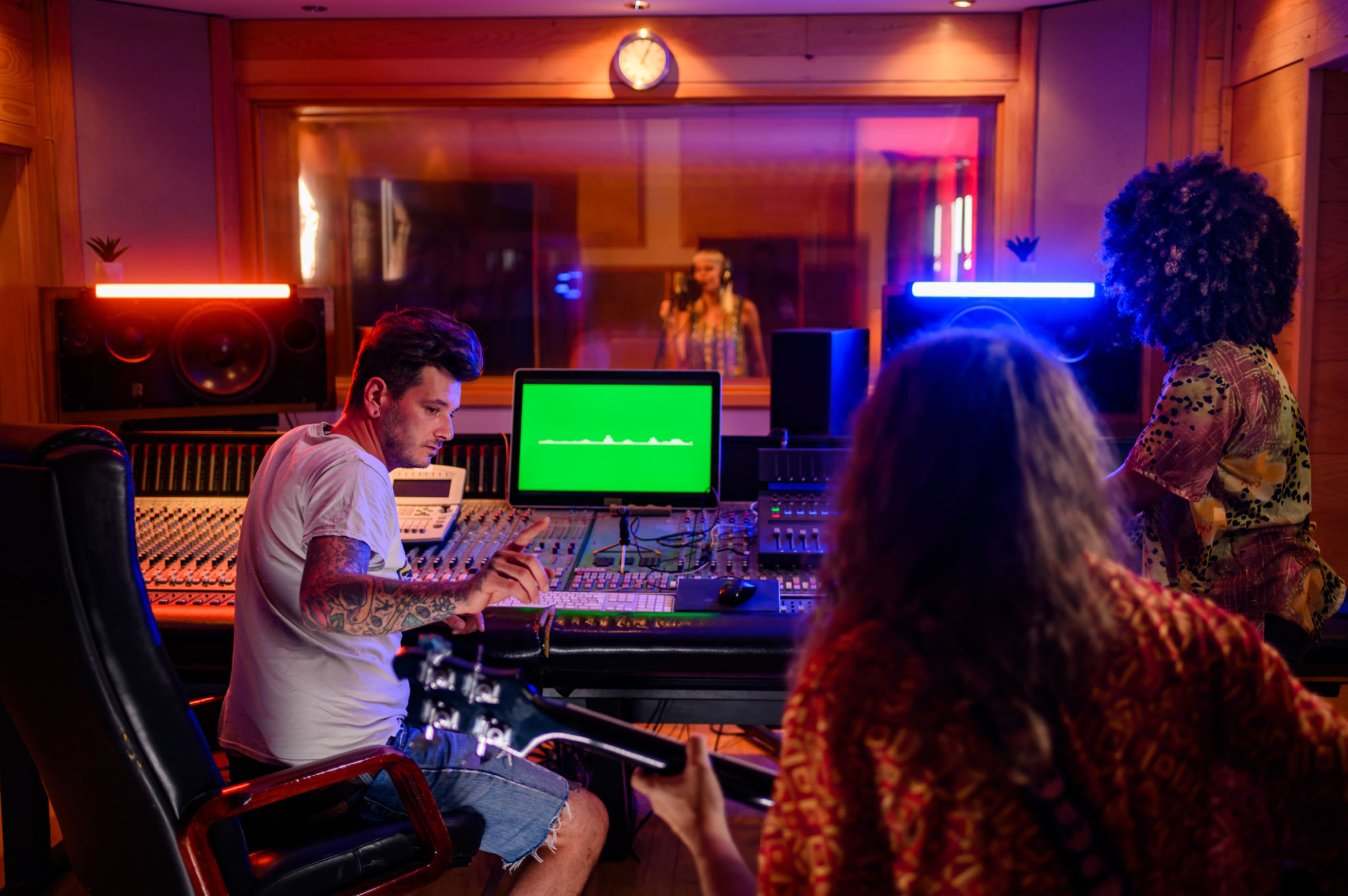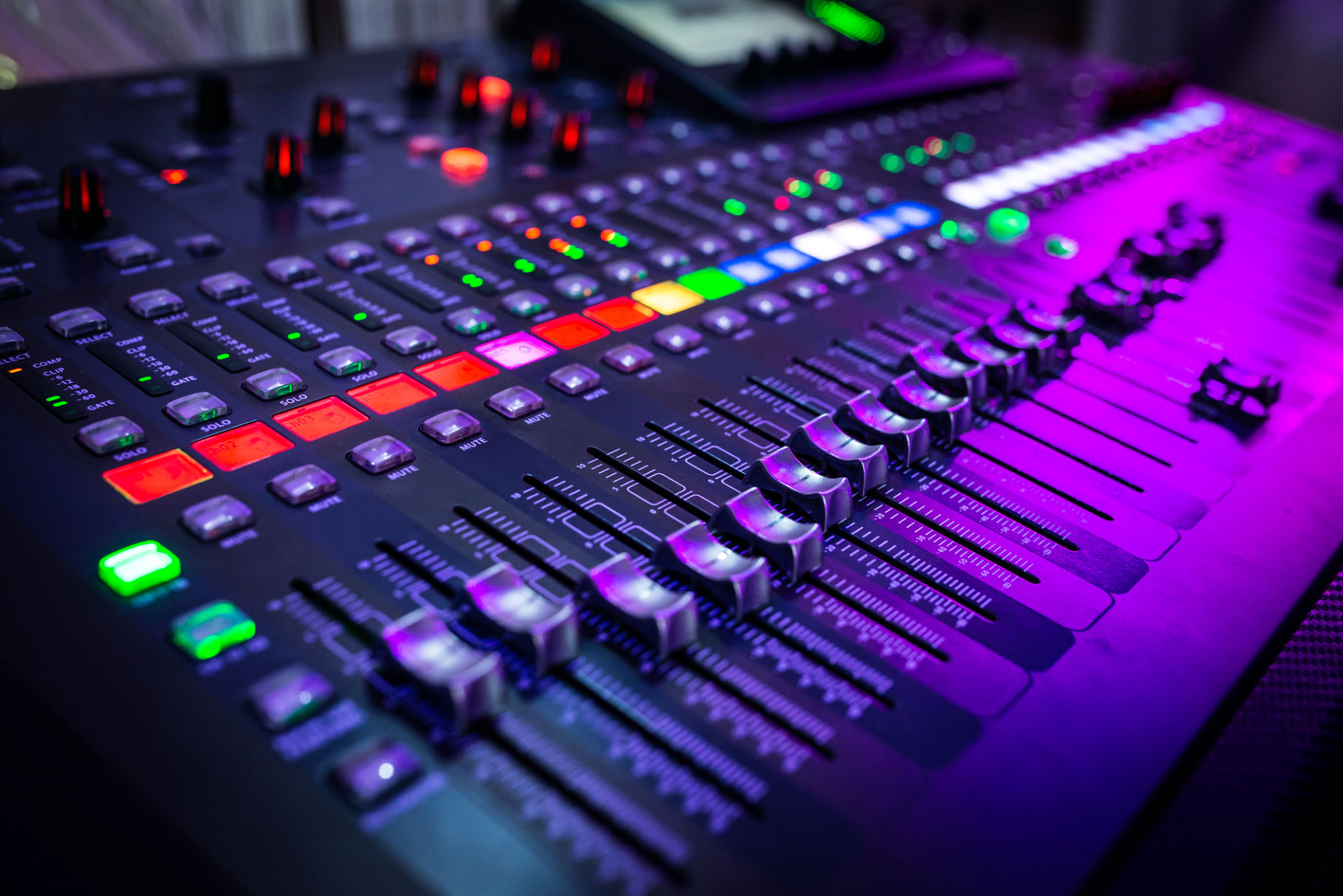Mastering the Art of Audio Production: Essential Tips for Beginners
Understanding the Basics of Audio Production
Audio production can seem daunting to beginners, but with a solid understanding of the basics, anyone can learn to create professional-sounding audio. The process involves recording, editing, mixing, and mastering audio tracks to produce a polished final product. Whether you're making music, podcasts, or sound effects, the fundamentals remain the same. By grasping these concepts, you can start your journey into the world of audio production with confidence.

Essential Equipment for Beginners
Having the right equipment is crucial for producing high-quality audio. For beginners, it’s important to start with some essential tools:
- Microphone: A good-quality microphone is the cornerstone of any audio setup. Condenser microphones are generally preferred for their sensitivity and clarity.
- Audio Interface: This device connects your microphone to your computer, converting analog signals to digital. Look for interfaces with good preamps for better sound quality.
- Headphones: Invest in closed-back headphones for accurate sound monitoring without external noise interference.
- Digital Audio Workstation (DAW): Software like Ableton Live, Pro Tools, or Logic Pro is essential for recording and editing audio.
Recording Techniques
The way you record can significantly affect the quality of your final product. It's important to find a quiet space with minimal background noise. Use a pop filter to reduce plosive sounds when recording vocals. Additionally, experiment with microphone placement to find the best sound for your particular recording. Remember that the aim is to capture the cleanest sound possible to simplify the editing process later.

Editing and Mixing
Edit your recordings by removing any unwanted noise or mistakes. Use your DAW's tools to cut, fade, and rearrange audio clips as needed. When mixing, balance the different elements of your audio by adjusting levels, panning, and equalization (EQ). Applying effects like reverb and compression can add depth and polish to your tracks. Take your time with this stage, as it is crucial to achieving a professional sound.
Mastering Your Tracks
Mastering is the final step in audio production and involves preparing your track for distribution. This process ensures consistency across all tracks in an album or project and optimizes playback on various systems. Use mastering tools within your DAW to adjust the overall EQ, compression, and loudness of your track. If you're new to mastering, consider using online services that offer automated mastering solutions.

Continuously Learning and Experimenting
Audio production is an art form that benefits from continuous learning and experimentation. Stay updated on new techniques and technologies by following industry blogs, attending workshops, and networking with other audio professionals. Don't be afraid to try different styles and approaches in your projects; this is how you develop your unique sound.
Join Online Communities
Joining online communities can provide valuable support and resources as you progress in your audio production journey. Websites like Reddit, Gearslutz, and various Facebook groups offer forums where beginners can ask questions, share experiences, and learn from seasoned professionals. Engaging in these communities can accelerate your learning curve and help you overcome challenges more effectively.

Keep Practicing
Practice is key to mastering any skill, and audio production is no exception. Set aside regular time each week to work on projects, whether they are personal or collaborative. The more you practice, the more familiar you will become with your equipment and software, ultimately improving your overall production quality. Remember that every expert was once a beginner, so stay persistent and keep creating.
